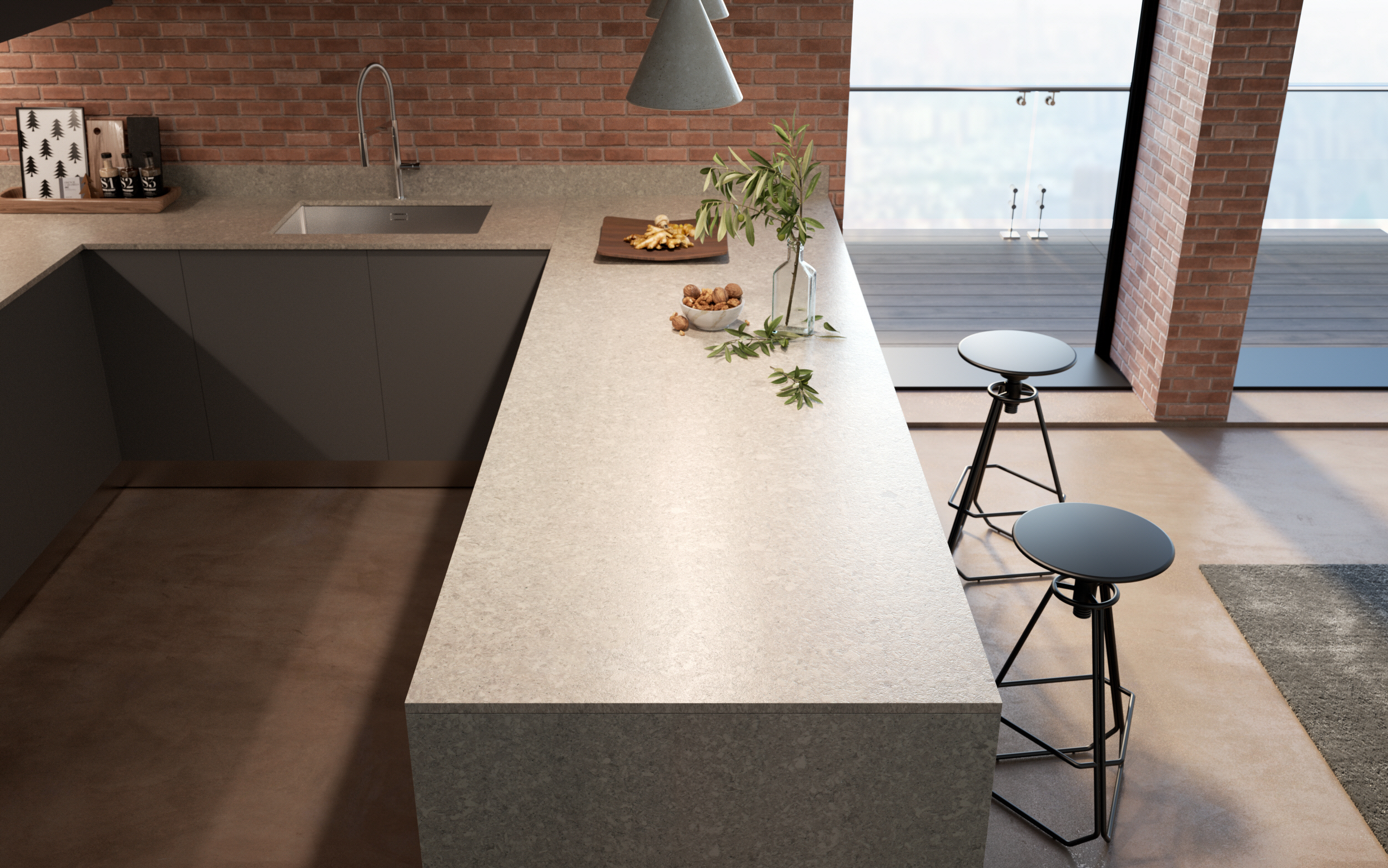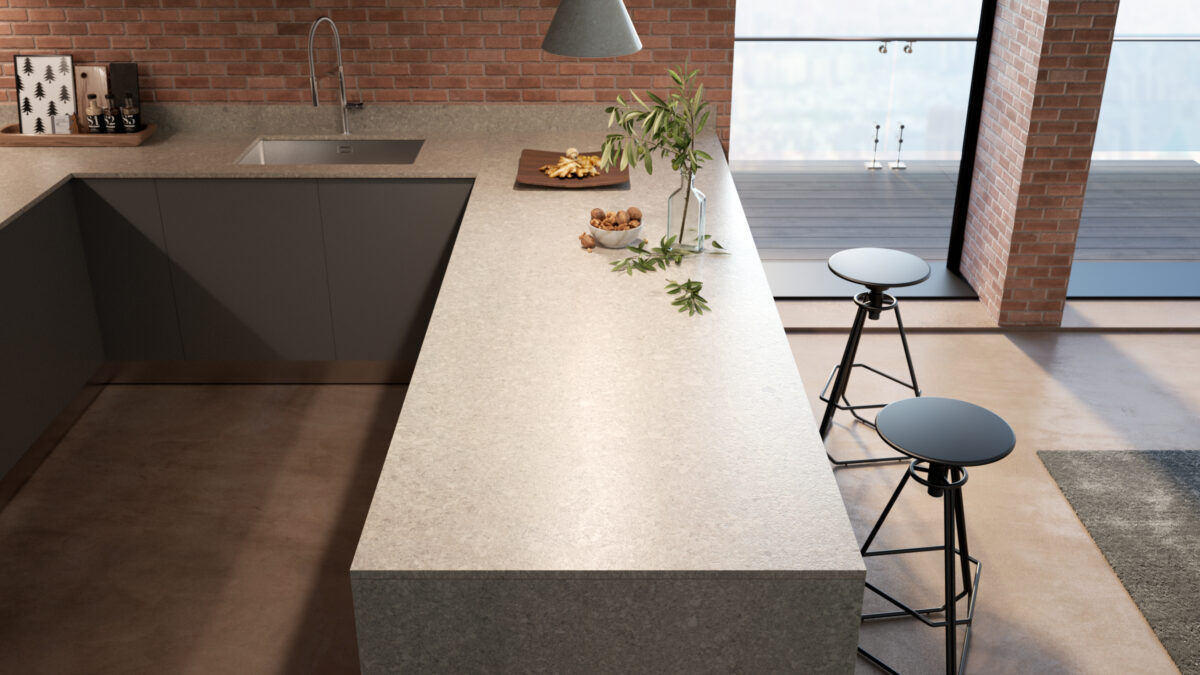
Beautiful, sleek countertops are the cornerstone of every modern kitchen. While granite used to rein supreme, more homeowners than ever before are turning to manufactured quartz. Providing the look and feel of natural stone without any of the fussy upkeep, it’s quickly become the go-to choice.
It’s popular, but is it right for your kitchen? Today, we’re exploring the benefits and drawbacks of choosing this material.
What Is Manufactured Quartz?
Manufactured quartz is a manmade product made with all-natural materials. Most formulas include around 90% natural quartz and 10% pigments and resins.
Engineered Quartz Advantages
Thinking about putting engineered quartz in your home? Here are some of the benefits:
Finishes and Aesthetics
Quartz comes in a variety of different colors, patterns, and finishes. You can choose a variety that fits your personal preference and coordinates with the other tones throughout your space.
Durability and Longevity
One of the reasons people choose quartz for their home improvement projects is its durability. These countertops are much less likely to stain, scratch, crack, or chip than their counterparts.
Affordability
As long as you make a budget, you shouldn’t be surprised by the cost of quartz. Plus, its longevity means you’ll get more use out of it than a cheaper material that will break down before long.
Non-Porous Nature
Porous materials can harbor bacteria and germs, posing a health risk. Manufactured quartz is non-porous, making it safer and more sanitary.
Engineered Quartz Disadvantages
While this material is a solid pick, it has a few drawbacks. Here are the cons to know.
Visibility of Seams
When you mold slabs of quartz together, there will be visible seams. This won’t affect the performance of your countertops, but it can alter their appearance.
Sensitivity to Heat
On its own, quartz is heat-resistant. However, the resins that hold it together aren’t, and they can melt if you place hot cookware on them.
Compatibility With Cleaners
You’ll need to clean quartz regularly with soap and water to maintain its shine. Standard cleaners have harsh chemicals that could damage them.
Comparing Natural Quartzite and Engineered Quartz
Torn between engineered quartz and natural quartzite? These two materials can be similar, but there are key differences.
Natural Quartzite
- 100% natural
- Used indoors or outdoor
- Can be porous and needs sealing
Engineered Quartz
- Manufactured product
- Best used indoors only
- Non-porous and doesn’t need sealing
FAQs on Quartz Surfaces
How Is Quartz Different From Granite and Marble?
Unlike granite and marble, quartz is manmade. This means it’s available in a wider variety of styles and colors. Its binders also make it more durable and stain-resistant.
How Do I Clean My Quartz Countertops?
While you can buy special quartz cleaners, most homeowners find that a diluted dish soap solution is all they need. Use a soft sponge or microfiber cloth and work in gentle circles.
Where Can I Install Quartz Slabs in My Home?
Some of the most popular spaces to install quartz include:
- Kitchen island
- Backsplash
- Shower/bathtub edges
- Fireplaces
- Vanity tops
- Laundry room counters
Shop Our Selection of Manufactured Quartz
Manufactured quartz can transform the look and feel of your home. When you’re ready to choose the perfect slab, we have a wide selection of gorgeous VIATERA Quartz Surface products for you to browse. Check out our full collection online and reach out today for more information!

